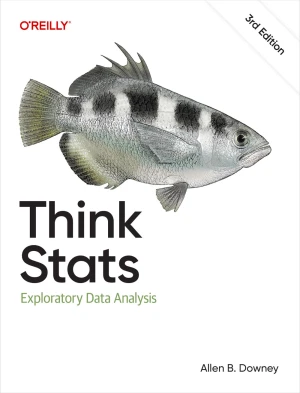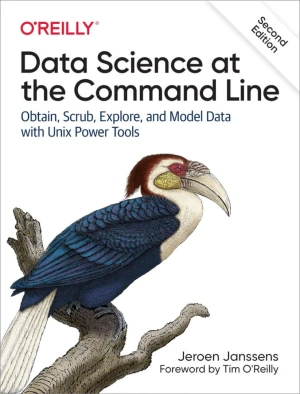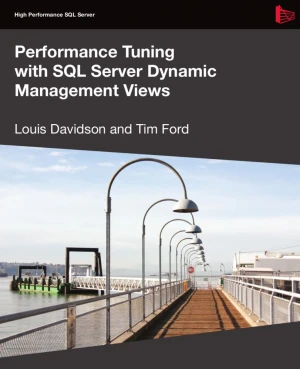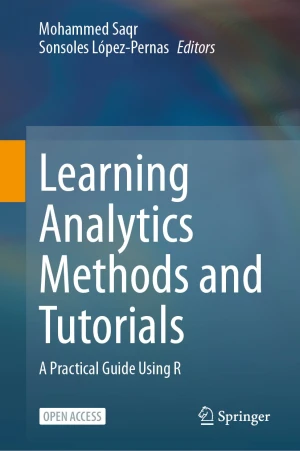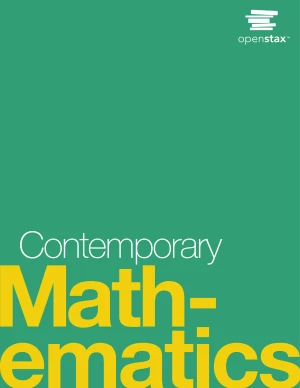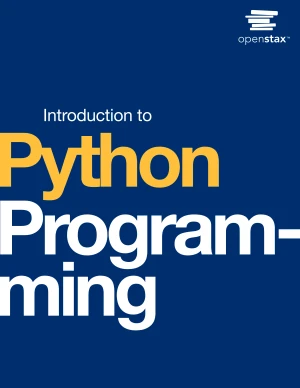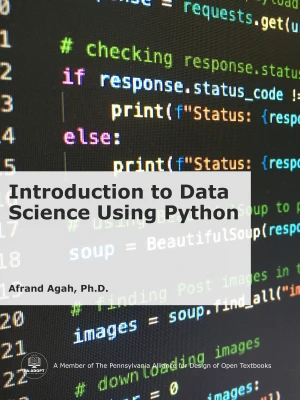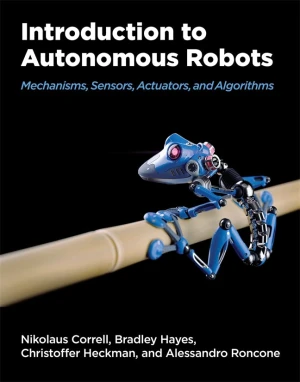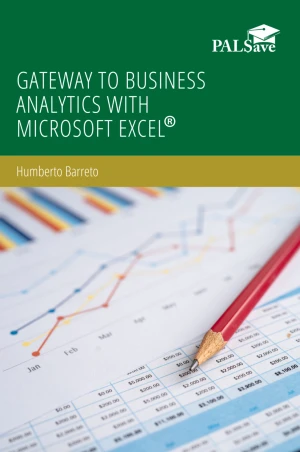Statistics Books
Think Stats, 3rd Edition
If you know how to program, you have the skills to turn data into knowledge. This thoroughly revised edition presents statistical concepts computationally, rather than mathematically, using programs written in Python. Through practical examples and exercises based on real-world datasets, you'll learn the entire process of exploratory data analysis
The Julia Express
Julia is a high-level, dynamic programming language. Its features are well suited for numerical analysis and computational science. Julia works with other languages (C, Python, R, Rust, C++, SQL, JavaScript, ...) The Purpose of this open book is to introduce programmers to the Julia programming by example. This is a simplified exposition of the lan
Data Science at the Command Line, 2nd Edition
This thoroughly revised guide demonstrates how the flexibility of the command line can help you become a more efficient and productive data scientist. You'll learn how to combine small yet powerful command-line tools to quickly obtain, scrub, explore, and model your data. To get you started, author Jeroen Janssens provides a Docker image packed wit
Performance Tuning with SQL Server Dynamic Management Views
Dynamic Management Views (DMVs) are a significant and valuable addition to the DBA's troubleshooting armory, laying bare previously unavailable information regarding the under-the-covers activity of your database sessions and transactions. Why, then, aren't all DBAs using them? Why do many DBAs continue to ignore them in favour of "tried and truste
Learning Analytics Methods and Tutorials
This open access comprehensive methodological book offers a much-needed answer to the lack of resources and methodological guidance in learning analytics, which has been a problem ever since the field started. The book covers all important quantitative topics in education at large as well as the latest in learning analytics and education data minin
Contemporary Mathematics
Contemporary Mathematics is designed to meet the scope and sequence requirements for a liberal arts mathematics course. This resource provides stand-alone sections with a focus on showing relevance in the features as well as the examples, exercises, and exposition. Contemporary Mathematics integrates technology applications, projects, and highlight
Introduction to Python Programming
Introduction to Python Programming provides a comprehensive foundation in programming concepts and skills, and it is aligned to the scope of most introductory courses. A wide array of scenarios, contexts, and problems reflect programming applications in many disciplines and careers. The offering is suitable for a diverse learner audience, including
Introduction to Data Science Using Python
Data science is the process of representing models that fit data. Its goal is to predict future output based on past observations of inputs. In data science, one collects information and interprets it to make decisions. This open book contains two parts, the first is designed to be used in an introductory programming course for students looking to
Introduction to Autonomous Robots
Textbooks that provide a broad algorithmic perspective on the mechanics and dynamics of robots almost unfailingly serve students at the graduate level. Introduction to Autonomous Robots offers a much-needed resource for teaching third- and fourth-year undergraduates the computational fundamentals behind the design and control of autonomous robots.
Gateway to Business Analytics with Microsoft Excel
What exactly is business analytics? The business part is easy; it means a commercial operation or a company. Business is often associated with entrepreneurship and management. Business analytics is a new, expanding subfield with fuzzy edges that overlap into a variety of other established disciplines, including economics, econometrics, computer sci

